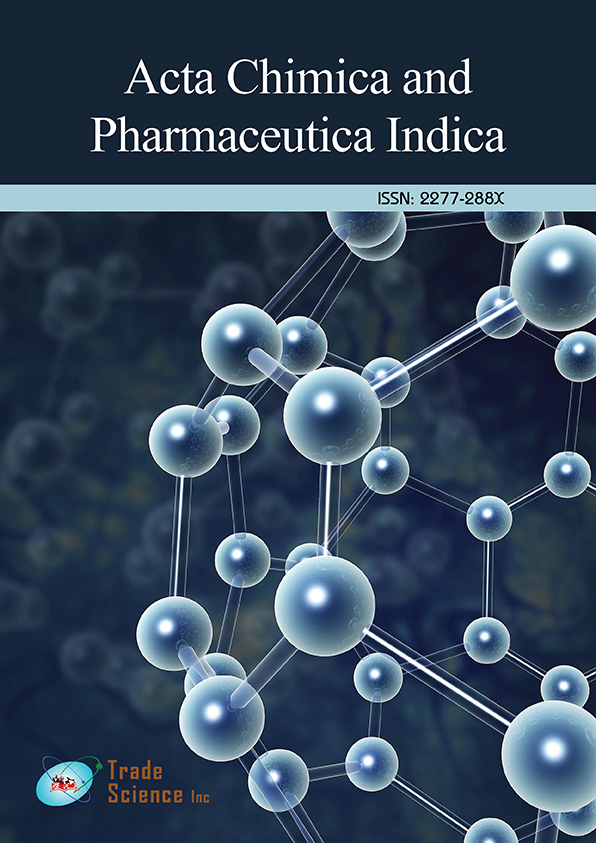Abstract
The Miniaturisation for the analysis of cannabinoids
Author(s): Laura MercoliniThe definition of Cannabis intoxication states currently represents a complex bioanalytical challenge. It can be reliably demonstrated by using blood as the biological matrix, but its sampling is invasive and requires a sanitary environment, storage precautions and complex handling. For this reason, the use of miniaturised sampling approaches can be a promising alternative: blood microsamples obviously reflect the composition of classic in-tube whole blood, but their sampling is much faster, less complex and less invasive. Moreover, when dried, blood samples can be stored and shipped at room temperature without any appreciable analyte loss. Dried blood spot (DBS) technology has been used within the bioanalytical framework in place of plasma or serum to facilitate home-based and on-field applications, however its implementation has been limited mainly by concerns related to haematocrit effect and method accuracy. Second generation miniaturised sampling technologies, based dried and microfluidic systems, have been developed in order to eliminate haematocrit effect and accuracy bias, while still granting feasible and reliable sample processing. In this research, novel blood micro sampling and microfluidic approaches have been developed and compared in order to study their potential for cannabinoid analysis. An original LC-MS/MS method was developed and validated for the analysis of Δ9-tetrahydrocannabinol (THC) and its two main metabolites in whole blood dried microsamples. THC hematic levels decrease drastically after Cannabis consumption, being metabolised to 11-hydroxy-Δ9-tetrahydrocannabinol (THC-OH) that is in turn quickly metabolised to 11-nor-9- carboxy-Δ9-tetrahydrocannabinol (THC-COOH), with a very long half-life. The ultimate goal is to provide highly innovative blood miniaturised analytical protocols, whose performances have been extensively optimised and compared, in order to provide effective and alternative tools that can be applied for cannabinoid determination, with immediate applicability in all the contexts where out-of-the-lab collection and impromptu processing are needed, i.e. clinical settings and forensic cases.
